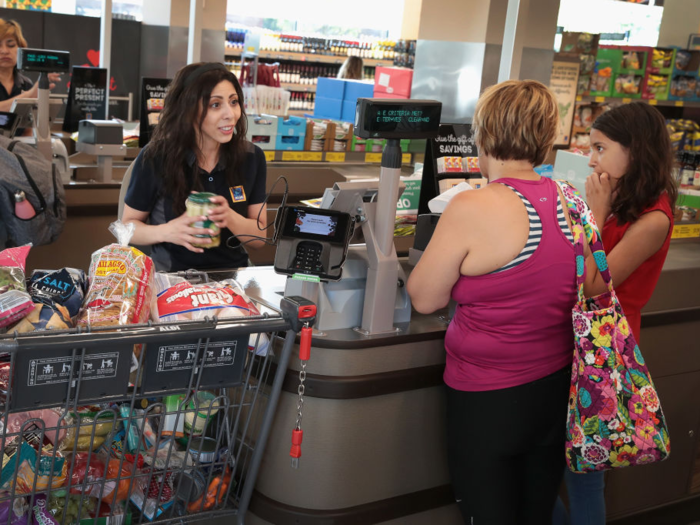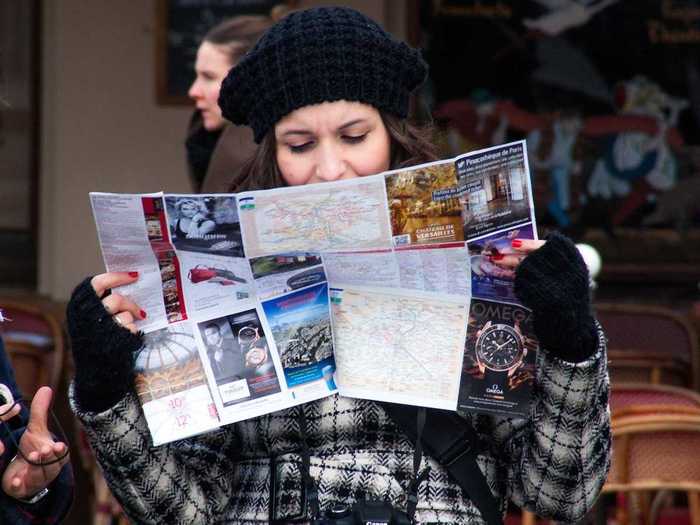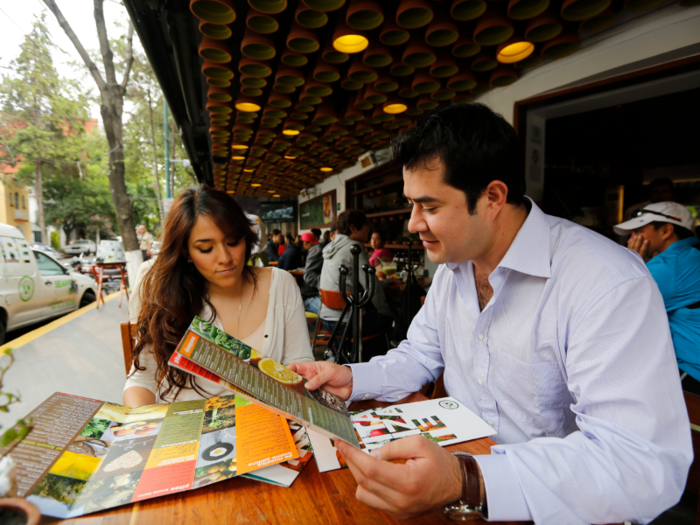- Home
- slideshows
- miscellaneous
- I've been to 25 countries and there are only 11 phrases you need to get by anywhere
I've been to 25 countries and there are only 11 phrases you need to get by anywhere
"Thank you"

"Hello" and "goodbye"

Learning how to open and close a conversation is another polite thing you can do to show your appreciation for the people you're speaking with. Even if you have to revert to English for the rest of the conversation, a simple "hello" and "goodbye" in your speaking partner's local language can show you care.
"Excuse me"

"Excuse me" comes in handy on countless occasions, from asking someone for directions to squeezing your way through a crowded subway car.
"May I have …"

You don't need to know how to describe every item at a restaurant or store in another language, but it certainly helps to be able to order one. Learn how to ask for things in another language and you'll have a better chance of getting what you're looking for.
"How much does it cost?"

Shopping in another country can be intimidating, especially in cultures where price tags are optional and bargaining is expected.
Learning how to ask about prices is a great starting point, although you may have to learn a little more vocab if you really want to ensure a good deal.
"Bathroom"

Asking for the nearest bathroom is another crucial thing to know in a foreign language. Commit the word for "bathroom" or "toilet" to memory and you'll save yourself some discomfort in the future.
"Yes" and "no"

Learning how to say "yes" and "no" in another language is crucial to getting around in the country you're visiting.
It's not enough to simply nod or shake your head — while those gestures are common in many cultures, they are far from universal, and in some places, they mean the opposite of what they mean in the United States.
"Where is …"

Sometimes, a map just isn't enough. If it's your first time in an unfamiliar country, you'll probably need some help getting around from people who actually know the area.
Learning how to ask for directions will help make your travels run smoothly.
"Help"

In the event of an emergency, you'll want to know how to ask for help in another language.
Hopefully you'll never have to use it, but it's better to be safe than sorry.
"I'm allergic to …" and "I don't eat …"

If you have dietary restrictions, you'll need to learn how to convey that information to the people preparing your food.
Sometimes, even saying "I'm a vegetarian" isn't enough, as vegetarianism is far from a universal concept and its standards may vary by country.
Learn how to express what you can and can't eat, and if there's any doubt, have someone write down your dietary restrictions in the local language so you won't risk getting misunderstood.
"Sorry, I don't speak …"

One of the most important phrases to learn in a foreign language is the one that explains you don't know any more phrases. Learn how to politely say "I don't understand" or "I don't speak" the local language and you could save yourself some embarrassment down the road.
Popular Right Now
Popular Keywords
Advertisement